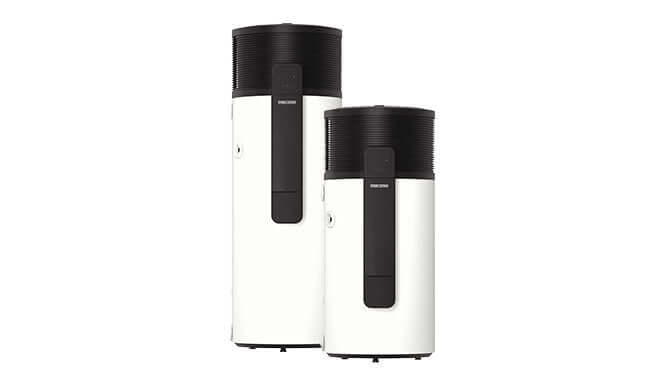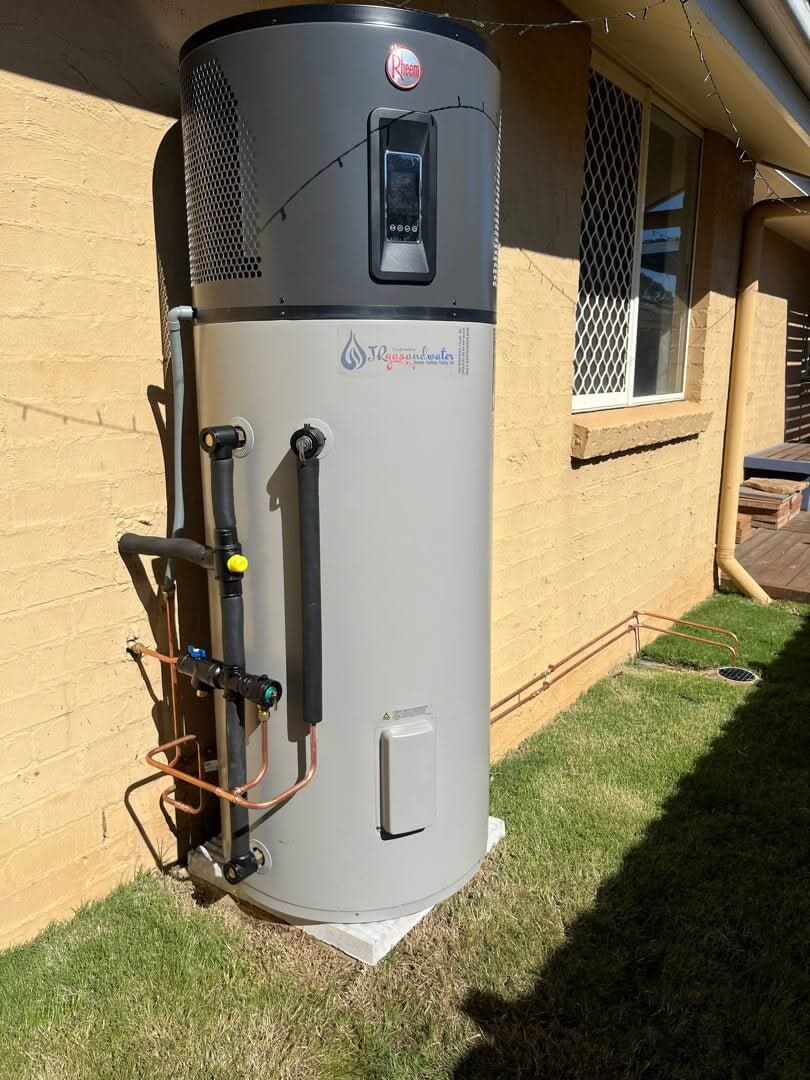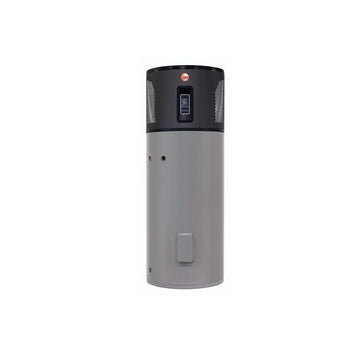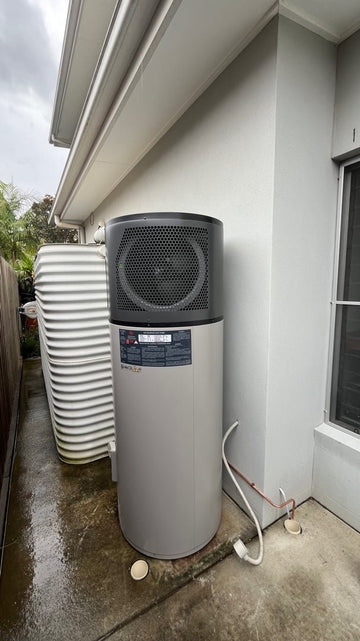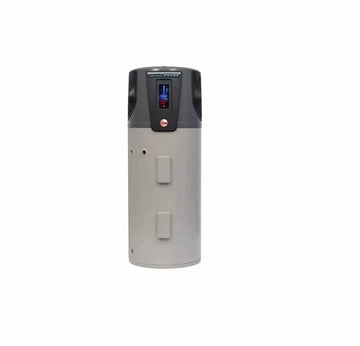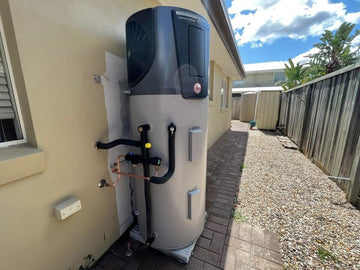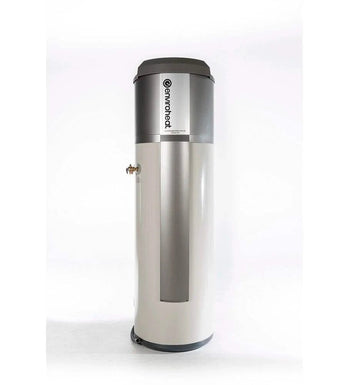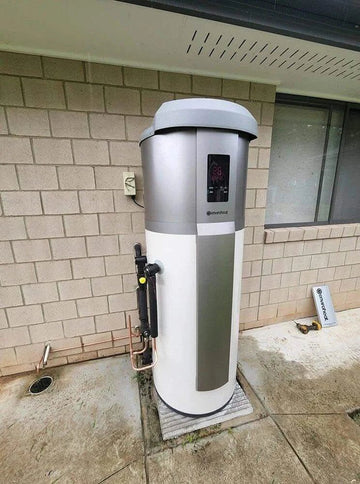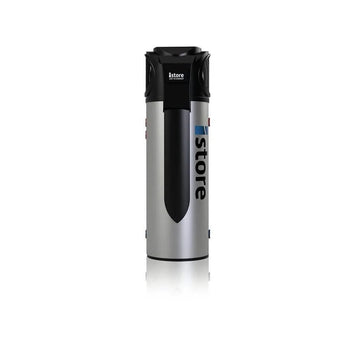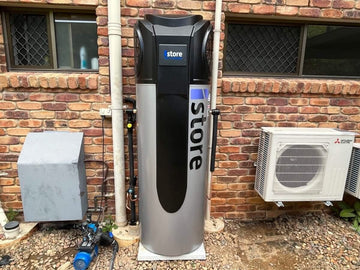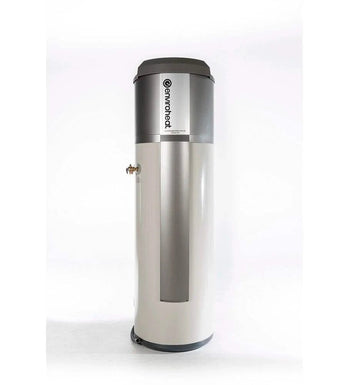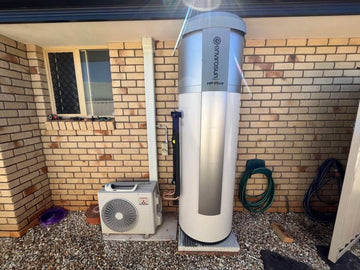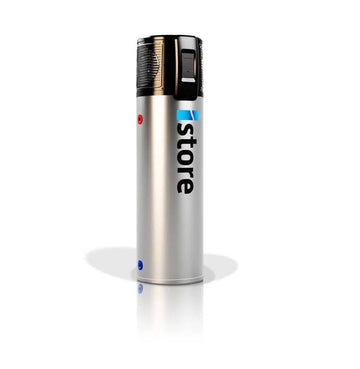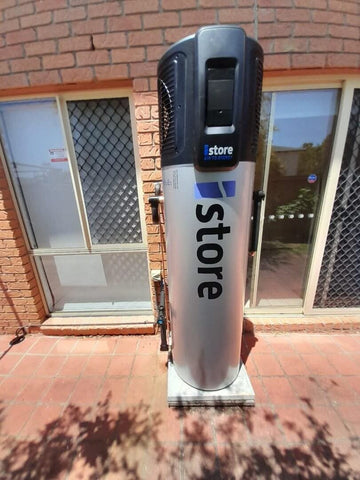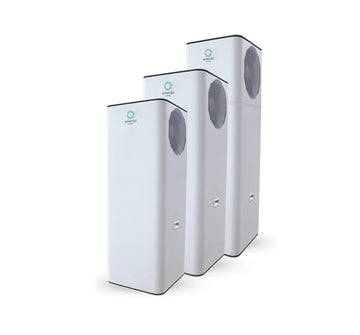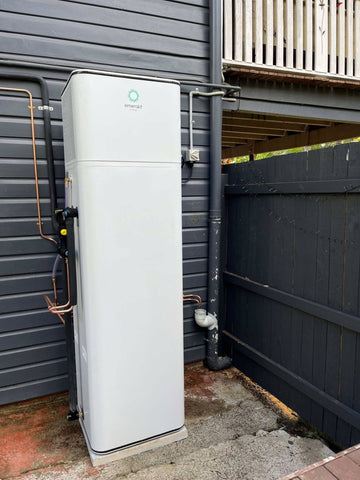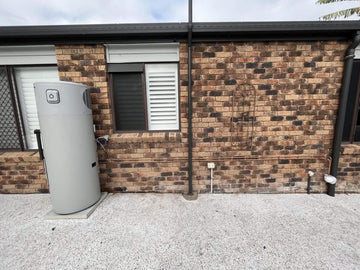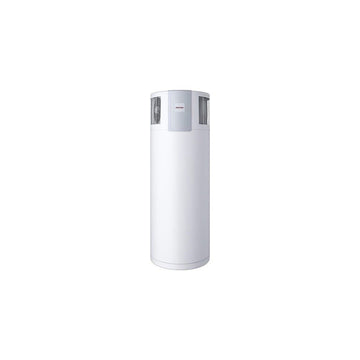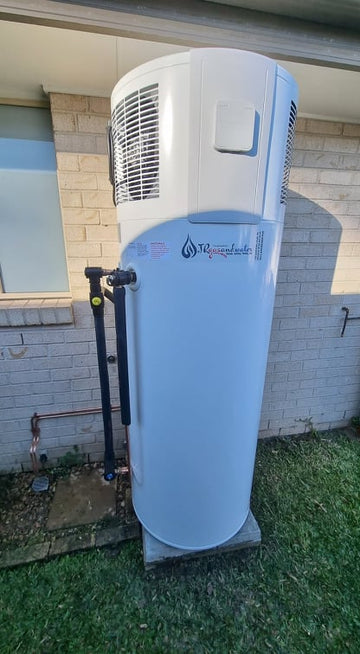Water Heater Troubleshooting Guide: Repairs, Servicing & When to Call a Pro
Facing issues with your hot water system? Whether you're dealing with cold showers or strange noises, understanding the cause is the first step. At JR Gas & Water, we specialise in fault finding, water heater repairs, and servicing to help Brisbane and Gold Coast homes stay reliably warm all year round.
Common Water Heater Problems (And How to Fix Them)
1. Not Enough Hot Water
Likely Causes:
-
Undersized system for household demand
-
Thermostat set too low
-
Sediment buildup reducing efficiency
-
Failed heating element (electric)
-
Gas supply issue (gas systems)
Quick Fixes:
-
Turn up the thermostat
-
Flush the tank to remove sediment
-
Replace the heating element
-
Inspect gas supply or switch to electric
Explore electric hot water systems or instant gas hot water systems if your current one can’t keep up.
2. Water Temperature Fluctuates
Likely Causes:
-
Faulty thermostat or temperature sensor
-
Scale buildup on heating elements
-
Mixing valve issues
Quick Fixes:
-
Reset or replace the thermostat
-
Flush the system
-
Replace faulty valves
Consider upgrading to a heat pump or Reclaim Energy system for more consistent performance.
3. Leaking Tank or Pipes
Likely Causes:
-
Corroded tank
-
Loose pipe fittings
-
Faulty pressure relief valve
Quick Fixes:
-
Tighten pipe fittings
-
Replace the TPR valve
-
If tank is rusted, replacement is essential
Our solar hot water systems and electric hot water systems are great long-term replacements.
4. Strange Noises
Likely Causes:
-
Sediment buildup
-
Water hammer (high pressure)
-
Loose components
Quick Fixes:
-
Flush the tank
-
Install a water hammer arrestor
-
Tighten heating elements
Learn more in our troubleshooting blog.
DIY Troubleshooting Tips
1. Check the Power Supply
-
Inspect the circuit breaker
-
Use a non-contact voltage tester
-
Check power cords for damage
2. Reset the Thermostat
-
Turn off the unit
-
Press the reset button
-
Turn power back on
3. Inspect for Leaks
-
Look for corrosion, drips or wet areas
-
Tighten connections
-
Replace valves as needed
When to Call a Professional
Some problems require a licensed plumber. If you're noticing serious leaks, electrical faults, or temperature instability, get help from a qualified team.
We recommend checking out top brands like Rinnai or Rheem when it's time to upgrade.
Preventative Maintenance Tips
1. Annual Servicing
Schedule a professional check once a year to prolong lifespan.
2. Flush the System
Clear out mineral deposits to improve efficiency.
3. Replace the Anode Rod
If more than 6 inches of steel core is exposed, replace it to avoid corrosion.
Looking for clean water too? Try a Puretec water filter or see all water filters.
Should You Repair or Replace?
Consider Replacing If:
-
The unit is over 10 years old
-
You’re constantly booking repairs
-
Your energy bills are rising
View our full range of hot water systems or go energy-efficient with heat pumps.
FAQs
Is it worth repairing an old water heater?
If it’s over 8 years old and repairs are costly, upgrading is usually smarter.
How often should a water heater be serviced?
At least once per year for optimal performance.
Why is my hot water running out so fast?
Your system might be undersized or full of sediment.
What causes fluctuating temperature?
Thermostat issues, scale buildup, or faulty tempering valves.
Can I flush my own water heater?
Yes, but shut off power/gas first. Otherwise, call a pro.


